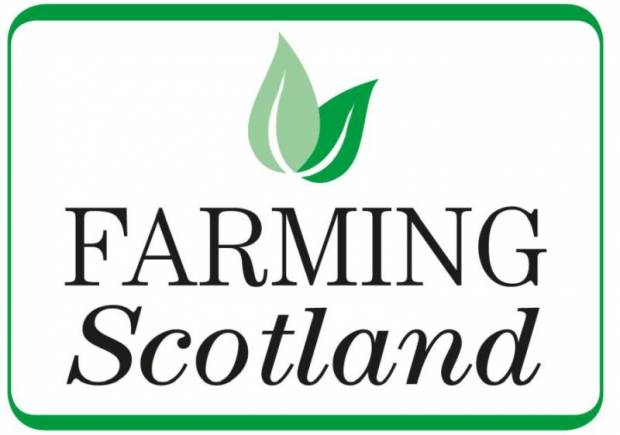Farming Scotland Conference 2020 - People. Product. Knowledge.
13th February 2020
On Thursday 13th February 2020 Grace Reid NSA Scottish Region Coordinator attended the 17th Annual Farming Scotland Conference held in Carnoustie. The theme of the event was People, Product and Knowledge which boasted 4 renowned key speakers – Marion MacCormick; Kate Rowell; James Peck and Simon Haley.
Marion MacCormick a well-known food sector consultant started off the conference and focussed on broad topics of trust and how the public perceive the Scottish supply chain. It was reminded that branding is key however, it is the intangible aspects that are hard to control and damaged reputations are hard to recover from. As an industry we need to listen to what the population is thinking and target and build around the youth of today.
Kate Rowell (Chair of QMS) discussed the merits of the Scotch brand through the recent Meat With Integrity campaign where she identified three main consumer facing challenges: animal welfare; human health and environment and climate change. It was reiterated that the Scots are pioneers in assurance with very highly respected niche global brands although not major production contributors. Delegates were asked to promote Scotch brands through conversations with consumers as it was noted that promotional adverts are not completely successful due to short attention spans. The consumer still needs to be educated as they may not necessarily know what Scotch stands for when they are faced with choosing products on the shelf.
Export markets are currently being developed and increased year on year. Scotland is currently in the process of accreditation for beef in USA and China (top two global importers). On the Scotch Lamb front China and France are the top two importers of which Scotland is currently supplying France. Frustratingly, Scotch Lamb will only be on offer for export at a later date once Scotch beef has been successfully exported. To summarise, QMS has based itself around supporting, developing, promoting and protecting the beef and lamb industries in Scotland with the aim in 2020 to produce less headline campaign activities and increase more social media drives in order to engage with ‘real people’ to ultimately result in personal experiences which therefore builds upon reputation. Changes in consumer behaviour have led to 94% of the Scottish population eating meat with the news that ready meal consumption is starting to decrease and more consumers are batch cooking from scratch.
Former Nuffield Scholar James Peck discussed his highly innovative approach to farming where diversification has led to having more evenly distributed income streams which has allowed for succession to allow generations involved to have an exit strategy. James runs PX Farms, a large agribusiness which includes field to mill services, Controlled Traffic Farming principles used on arable land, farm contracting, crop storage, haulage, crop lab and a grain hospital. Underlying principles of his business are based upon adaptation, innovation and the ability to overcome. He has utilised 15 types of crops, long term soil health and staff safety. Alongside this he has his own scholarship within the company for young people to have the experience to work at PX Farms and travel to Australia.
To finish the conference Simon Haley delivered his take on the use of social media and explained the merits of video and podcast campaigns whilst opening every day farming practices to the general public to promote rural businesses. This refreshing approach enabled the reinforcement of positive communication for the farming sector whilst being transparent.
Grace comments: "We now have the ability to produce our own farming policies and image whilst ultimately futureproofing brands that can be protected and trusted with the opportunity to capitalise upon our superior assets. Scotch lamb has the potential to be at the forefront and it must be backed from every angle in order to support the producers on the ground. We need to promote the Scottish sheep sector to enable the purchasing of lamb on a widescale to be a subconscious choice."





